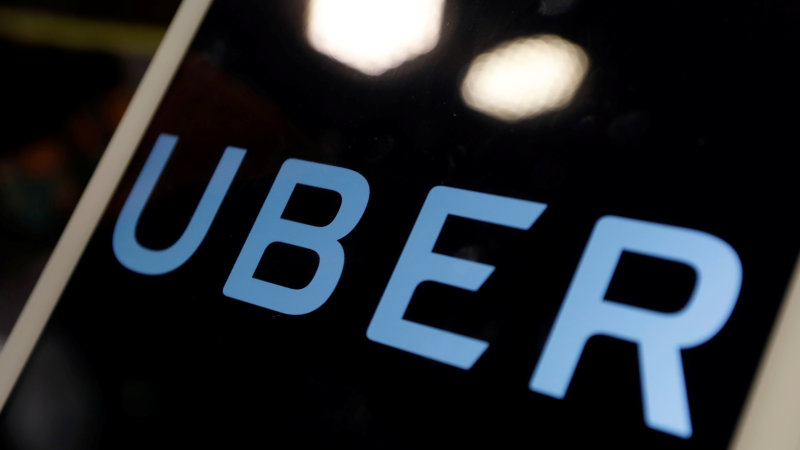Did Uber act illegally?
December 16, 2017 | Expert Insights

According to a legal document that had been recently published, Uber has allegedly indulged in illegal activities such as the stealing of rival secrets and bribing officials. The revelation came during the ongoing lawsuit where Google (Alphabet) has sued Uber.
Background
Uber, an American technology company, that offers ride sharing services, is also one of the most successful companies in the world.
However, a series of controversies that have plagued the company in 2017. This includes claims by former employees about the working conditions within the company. A blog by a former employee Susan Fowler about the sexual harassment rampant at Uber went viral. This led to Uber firing more than 20 members of its staff and taking action against others following a review of more than 200 HR complaints that included harassment and bullying. The controversies led to the resignation of former CEO Travis Kalanick.
According to media reports, its value has dropped from $60 billion at the beginning of this year to around $50 billion by April 2017.
Waymo is a car development company that specializes in building driverless cars. It was originally founded in 2009 as part of Google’s self-driving car project. The company is currently a subsidiary of Google’s parent company, Alphabet.
Analysis
In February 2017, Waymo sued Uber over allegations that the latter had stolen trade secrets. Uber has its own self-driving car subsidiary called Otto. In December 2017, further evidence has emerged that Uber allegedly engaged in a range of “unethical and unlawful intelligence collections”. This is based on a legal document that has been published on December 15th, 2017. Uber has been accused of theft of competitive trade secrets, bribery of foreign officials and spying on competitors and politicians.
The document is based on a demand letter filed by the ex-Uber security manager Richard Jacobs. He left Uber earlier in 2017. In the letter, he revealed that Uber had employees dedicated to spying on rival companies and that he himself had expressed concern over the tactics being used.
He had reportedly sent this letter to Uber along with his allegations on the illegal activities engaged by the company. He also threatened to sue the company in this letter. Uber had not handed over the letter to Waymo.
A part of the heavily redacted letter stated, “Uber worked to unlawfully obtain trade secrets from [redacted]. MA I) remotely accessed confidential [redacted] corporate communications and data, 2) impersonated riders and drivers on [redacted] platform to derive key functions of [redacted] rider and driver apps, 3) stole supply data by identifying possible drivers to boost Uber’s market position, and 4) acquired codebase which allowed MA to identify code used by [redacted] to understand in greater detail how [redacted] app functioned.”
The letter also alleges that the company “used undercover agents to collect intelligence against the taxi groups and local political figures. The agents took rides in local taxis, loitered around locations where taxi drivers congregated, and leveraged a local network of contacts with connections to police and regulatory authorities.”
Reacting to the allegations, an Uber spokeswoman said in a statement, “While we haven’t substantiated all the claims in this letter – and, importantly, any related to Waymo – our new leadership has made clear that going forward we will compete honestly and fairly, on the strength of our ideas and technology.”
Matthew Umhofer, an attorney representing four members of Uber’s security team mentioned in the letter, added: “The competitive information gathering that was done at the explicit request of management was unremarkable and no different than what’s done by law-abiding companies across the country and Uber’s own competitors.”
The case against Uber looks grim as a U.S. judge stated that Uber Technologies had withheld evidence from him and granted a request from Alphabet‘s Waymo self-driving car unit to delay the trade secrets trial.
Recently, it was revealed that Uber had concealed a hack that affected 57 million customers and drivers back in 2016.
Assessment
Our assessment is that the explosive contents of the letter are a blow to the ongoing lawsuit between Uber and Alphabet. These allegations are also highly corrosive to the company’s brand and image that has taken a hit in 2017.








Comments